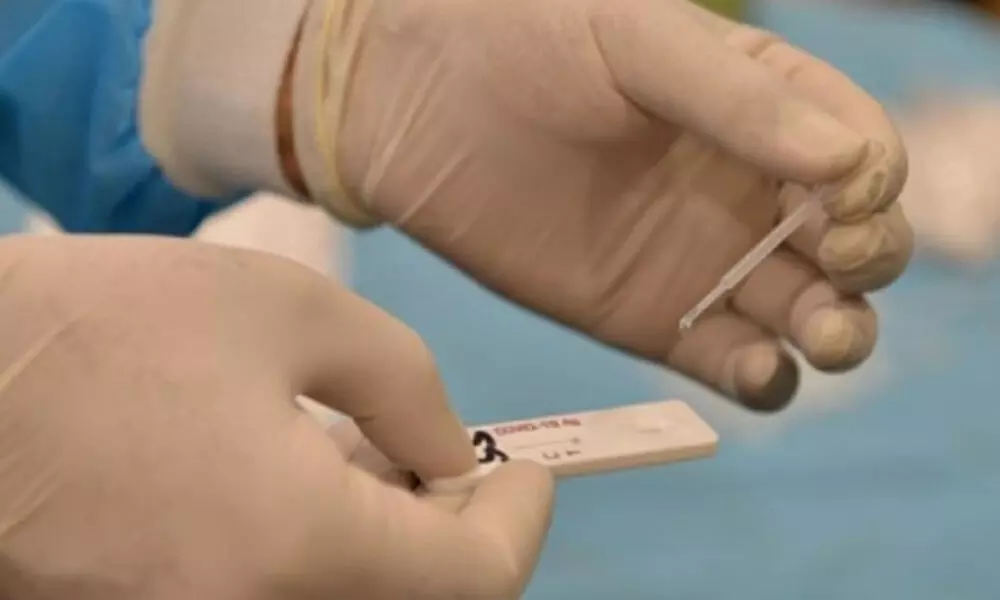United States and India discuss IP-led solutions to the pandemic
India, with its strong domestic industry and innovative capacity, can play a major role in fighting the pandemic and the time is now," said Patrick Kilbride, senior vice president of the US Chamber's Global Innovation Policy Center.
image for illustrative purpose

New Delhi, India, with its strong domestic industry and innovative capacity, can play a major role in fighting the pandemic and the time is now," said Patrick Kilbride, senior vice president of the US Chamber's Global Innovation Policy Center.
He was speaking at the 3rd annual IP Dialogue organised by US Chamber of Commerce's Global Innovation Policy Center (GIPC) and US-India Business Council, in partnership with the Federation of Indian Chambers of Commerce and Industry (FICCI).
Speaking in the session "IP Dialogue: Opportunities for U.S.-India Collaboration" Kilbride said this month's promising news on vaccines and treatments for coronavirus is a signal that the UN framework for intellectual property is working.
"Globally, we've mounted an all-hands-on deck response, with the private sector leading the charge to deliver a safe, effective vaccine for this terrible disease," he added.
This year's Dialogue proved to be impactful, with intellectual property playing such a key role in efforts to study and combat the ongoing global pandemic.
The dialogue featured experts from India's Department for Promotion of Industry and Internal Trade (DPIIT), US Patent and Trademark Office, US Department of State, and Office of the US Trade Representative, along with other government, private sector, and academic experts.
Participants discussed a broad range of IP-related topics, including innovation, public-private partnership response to the pandemic, collaboration in fighting copyright and trademark infringement, best practices for technology transfer and IP commercialisation, and policy approaches to trade secrets in the digital age.
"Intellectual capital fuels the creative economy. As India's IT industry advances and its content economy grows, an effective IPR regime is foundational to achieving the government's goal of a $1 trillion digital economy. IPR protections also support the success of Digital India, Make-in-India and other cornerstone initiatives," said Nisha Biswal, president of the US Chamber's US-India Business Council.
"The IP Dialogue is an opportunity for the U.S. and Indian governments to come together to discuss an issue critical to our bilateral relationship."
The dialogue recommendations will be shared with both governments to deepen strategic cooperation on IP policy said an official statement on the event.

